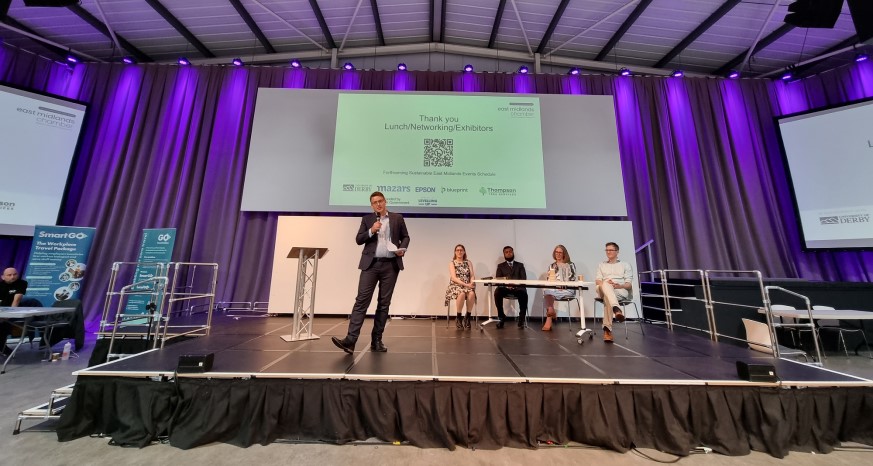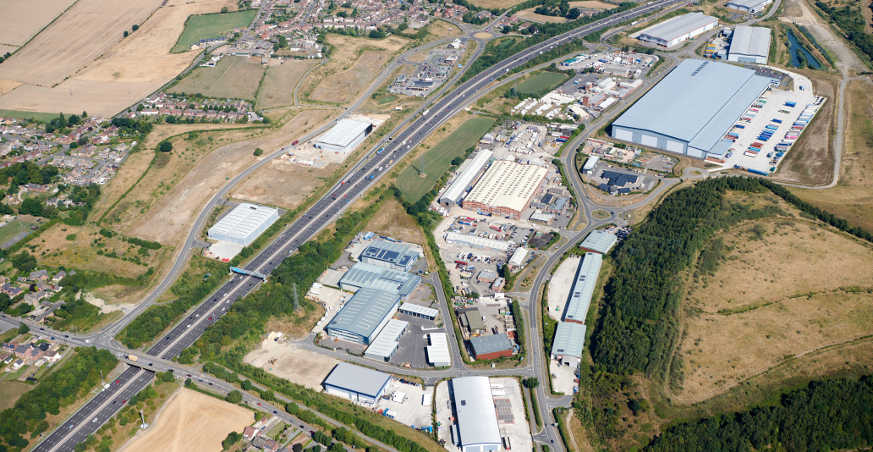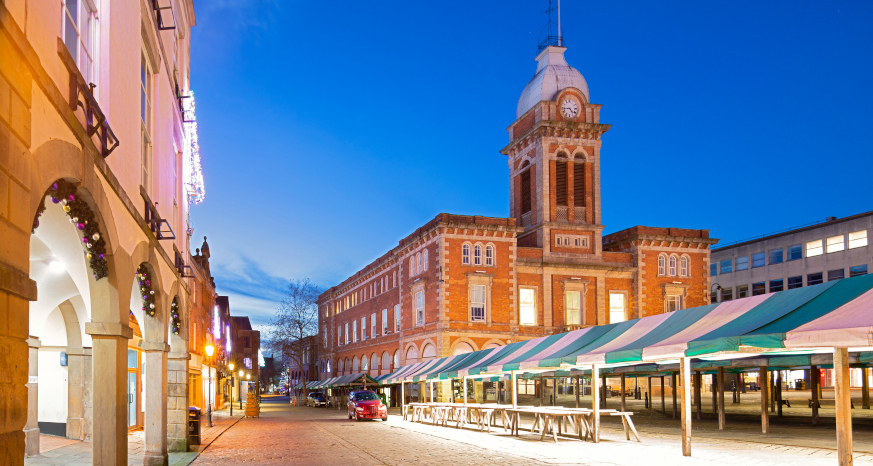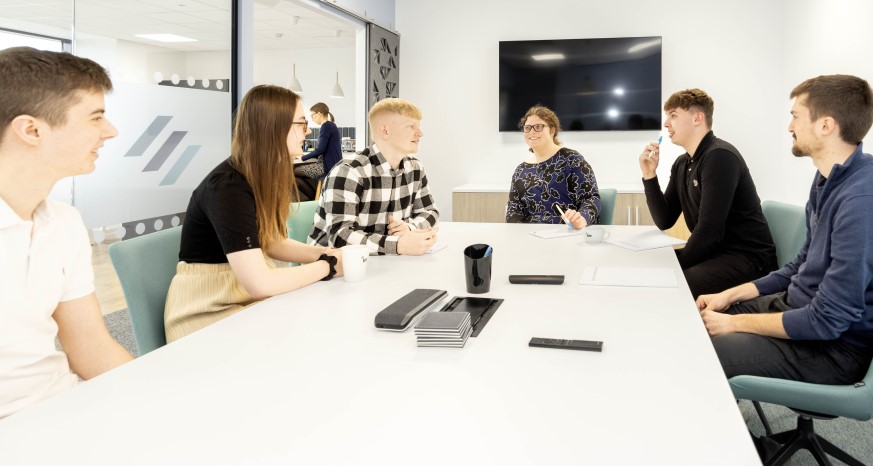East Midlands Chamber has praised the ‘shining examples of success’ of green growth in our regional business community at its latest Sustainability Summit.
The event explored how to unlock the green growth for SMEs and the wider East Midlands economy – across themes including leadership, innovation, international trade and best practice.
It took place against a backdrop in which Prime Minister Rishi Sunak announced the Government will water down net zero policies, including delaying a ban on the sales of new petrol and diesel cars and phasing out gas boilers.
Speakers at the Sustainability Summit said “flip-flopping” over net zero commitments from Westminster created huge uncertainty that undermined long-term investments and would ultimately harm the UK’s quest to become a global leader in the green economy.
About 200 people representing organisations from across Derbyshire, Leicestershire and Nottinghamshire gathered for the event, held in partnership with the University of Derby, Mazars, Thompson Tree Services and Epson.
East Midlands Chamber director of policy and insight Chris Hobson said: “We heard at our Sustainability Summit about some of the great things that businesses are doing in pursuing green growth and the very tangible rewards they are reaping with innovation and financial growth.
“These are the shining examples of success we can glean from embracing net zero, which means viewing it as not just a challenge but a golden opportunity.
“Yet while our national leaders correctly talk up the research and development strengths of our businesses and ambitions to be a global leader in developing low-carbon goods and services, there is a huge disconnect between this messaging and Government policy – as evidenced by the Prime Minister’s ill-judged shifting of the goalposts on our country’s net zero commitments.
“We saw first-hand the impact policy flip-flopping has on business decision-making during the chaotic political landscape of 2022, which quashed business confidence and thus investment. The lack of certainty about the future direction of our economy will unfortunately have a similar impact at a time when we should be encouraging transformational long-term investment.
“Having net zero targets is one thing, but to get us there we require a roadmap that will be led by business innovation. The vacillating from our political leaders instead undermines our ability to make real progress in this space and we instead find ourselves stuck in limbo when it comes to the most significant economic opportunity of our lifetime.”
Findings from the Green Growth Trends in the East Midlands research conducted by the Chamber and University of Derby were discussed by report author Dr Polina Baranova, associate professor of strategy and sustainability.
It showed the proportion of East Midlands businesses that have made any income from environmentally-friendly goods and services dropped from 45% in 2022 to 36% in 2023, decarbonisation investment varies significantly according to business size and sector, and a widening gap in business support and information.
Dr Baranova said this illustrated not only the impact of the cost-of-doing business crisis but the “fragility” of the current policy landscape, with green growth yet to be a firmly embedded business philosophy.
Other highlights at the Sustainability Summit included:
- East Midlands Chamber president Stuart Dawkins discussed how sustainability is at the heart of businesses’ responsibility to support their communities and future generations
- Professor Chris Bushell, pro vice-chancellor and head of sustainability at the University of Derby, outlined how the institution is taking a lead in the net zero agenda via its research, innovation, thought leadership and knowledge capital
- Ian Meikle, director of clean growth at Innovate UK, explained how Britain can create jobs and sustainable economic growth by developing its own low-carbon products and services, but this required stable policy and regulation, innovation in business models and supply chains, and a step-change in access to capital
- Chris Fuggle, global head of sustainability services at audit, tax and advisory services firm Mazars, provided practical strategies to upskill leadership teams on the environmental, social and governance (ESG) agenda and embedding sustainability at board level
- Charlie de la Haye, communications manager at Epson UK, gave an insight into how the global printing manufacturer had pivoted its business model to deliver green goods and services while demonstrating how it could deliver cost-saving benefits to customers.













